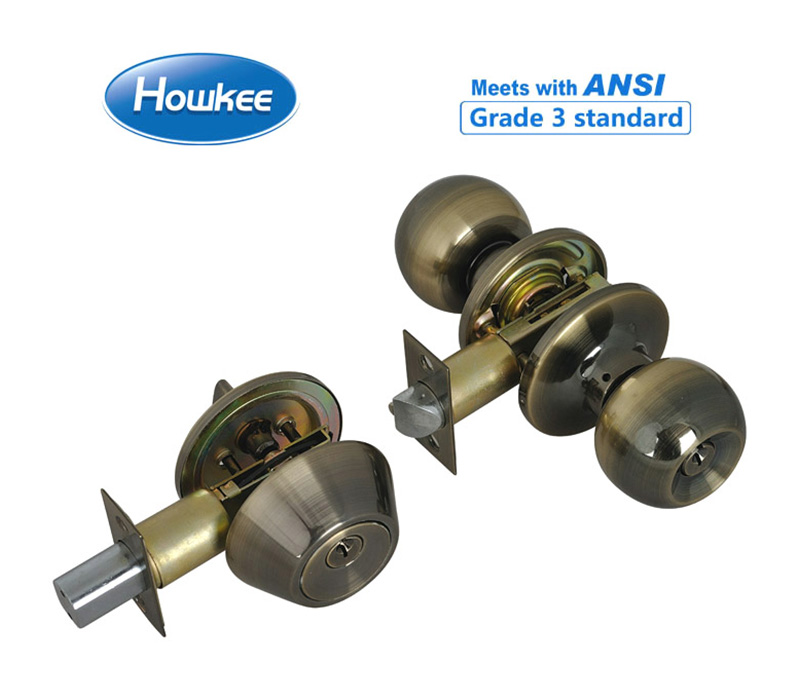Which types of residential doors and entryways commonly use combo locks?
Combo locks also known as combination locks, are widely used in various types of residential doors and entryways due to their convenience, security, and ease of use. These locks do not require keys and instead rely on a set of predetermined numbers or letters to open the door. The most common types of residential doors and entryways that use combo locks are:

1. Front Doors:
Combo locks are frequently used on front doors of residential properties. Homeowners often prefer combo locks for front doors as they eliminate the need to carry keys, making entry and exit more convenient. Additionally, combo locks offer a higher level of security, as there are no keys to be lost or duplicated.
2. Interior Doors:
Combo locks can also be found on interior doors within residential buildings. They are commonly used in home offices, bedrooms, and areas that require restricted access. Combo locks provide an added layer of privacy and security for these spaces without the need for traditional keys.
3. Garage Doors:
Many residential combo locks as an alternative to traditional key-based locking systems. Combo locks on garage doors are especially useful when homeowners want to provide access to family members or service providers without sharing keys.
4. Gate Entryways:
Residential properties with gated entryways often use combo locks as a means of access control. Combo locks allow authorized individuals to enter the property without the need for physical keys or remote controls.
Benefits of Combo Locks for Residential Doors and Entryways:
Keyless Convenience: One of the primary benefits of combo locks is their keyless operation. Homeowners no longer need to carry keys, worry about losing them, or make copies for family members or guests.
Enhanced Security: Combo locks offer a high level of security, as they are not susceptible to picking or bumping like traditional key-based locks. Additionally, combo locks can have multiple combinations, making them more difficult to guess.
Access Control: Combo locks allow homeowners to control who has access to their property. They can share the combination with trusted individuals and easily change it if needed.
Weather Resistance: Combo locks are often designed to be weather-resistant, making them suitable for outdoor use on gates, garage doors, and other exposed areas.
Easy Installation and Maintenance: Combo locks are typically easy to install and require minimal maintenance compared to complex key-based locking systems.
No Need for Power Source: Unlike electronic keyless entry systems that require batteries or electricity, combo locks do not rely on a power source, ensuring continuous functionality.
Suitable for Shared Spaces: Combo locks are ideal for shared living spaces or rental properties where multiple individuals may need access without having to manage numerous keys.
Accessibility: Combo locks can be designed to be accessible for people with physical disabilities or mobility issues, providing a convenient and inclusive solution.
In conclusion, combo locks are commonly used in various residential doors and entryways, including front doors, interior doors, garage doors, and gated entryways. They offer keyless convenience, enhanced security, access control, and ease of installation and maintenance. Combo locks are a popular choice for homeowners seeking a secure and convenient way to control access to their properties while eliminating the need for traditional keys.
Comments
Post a Comment